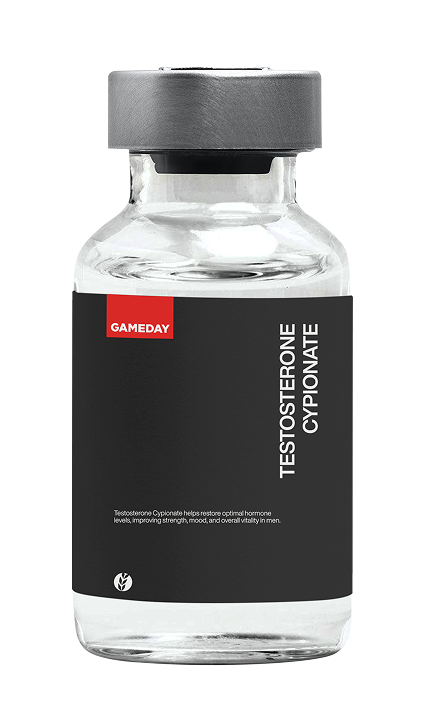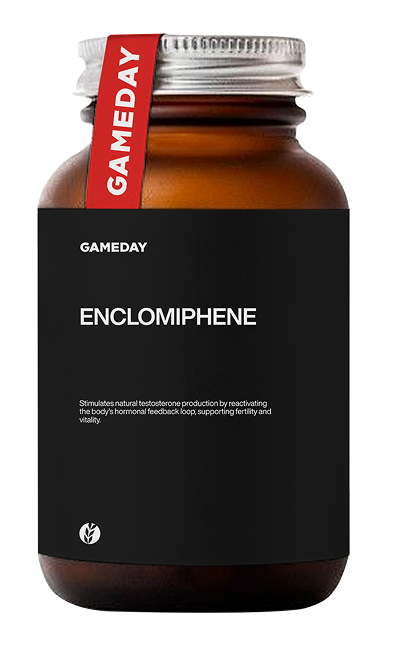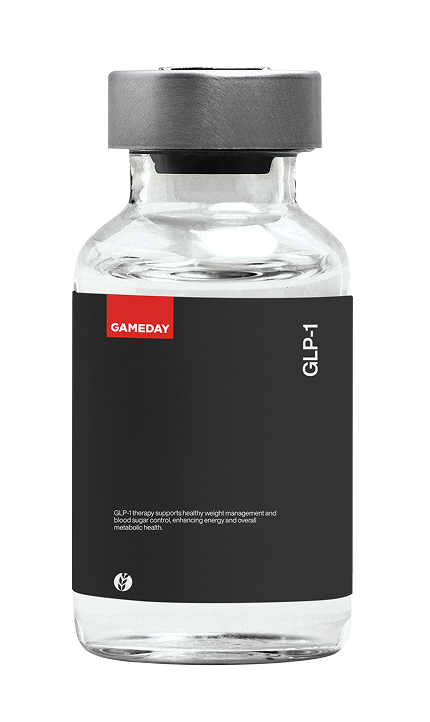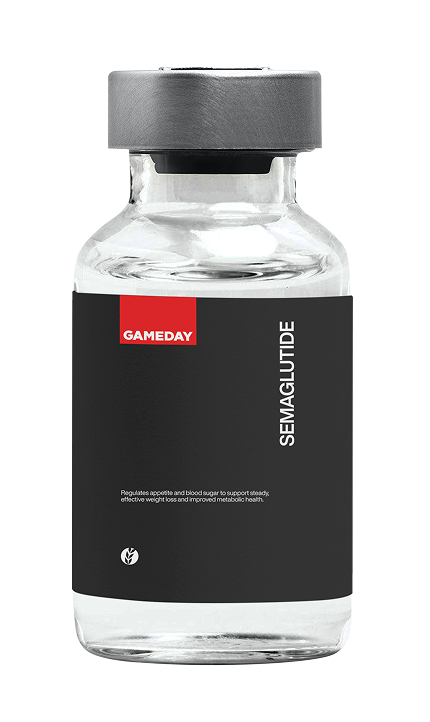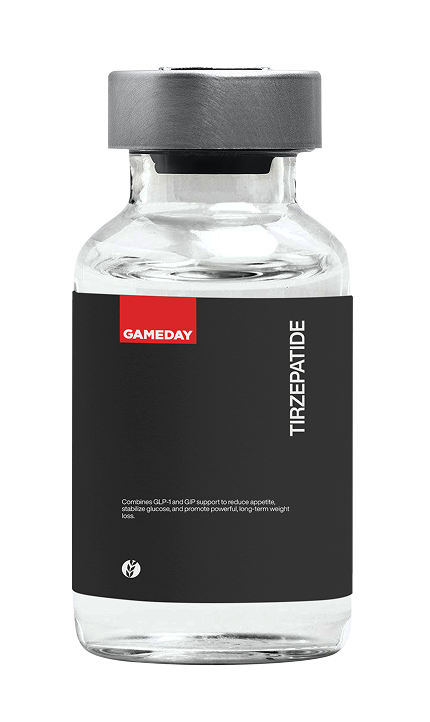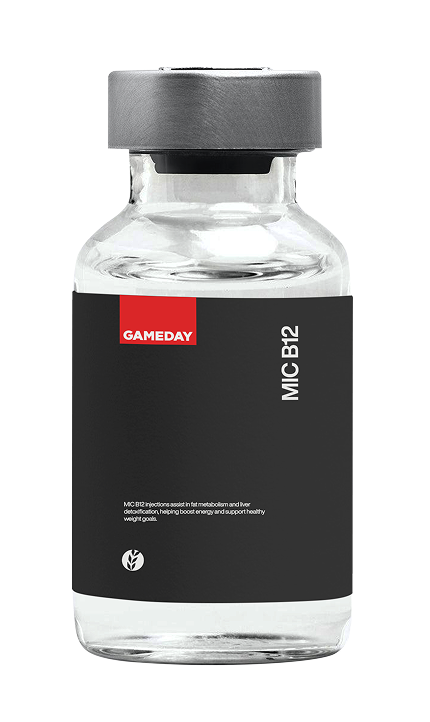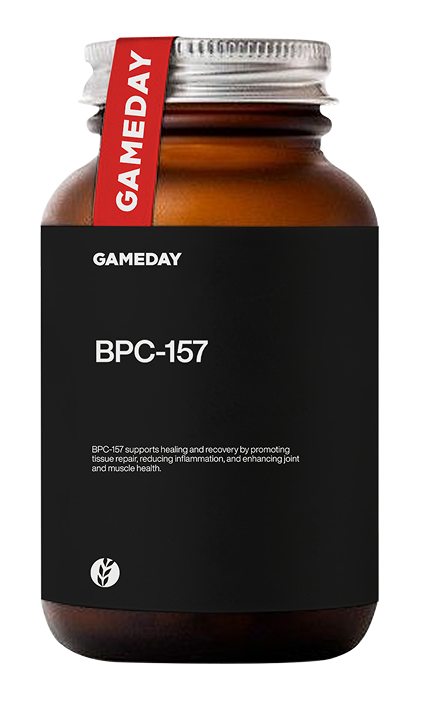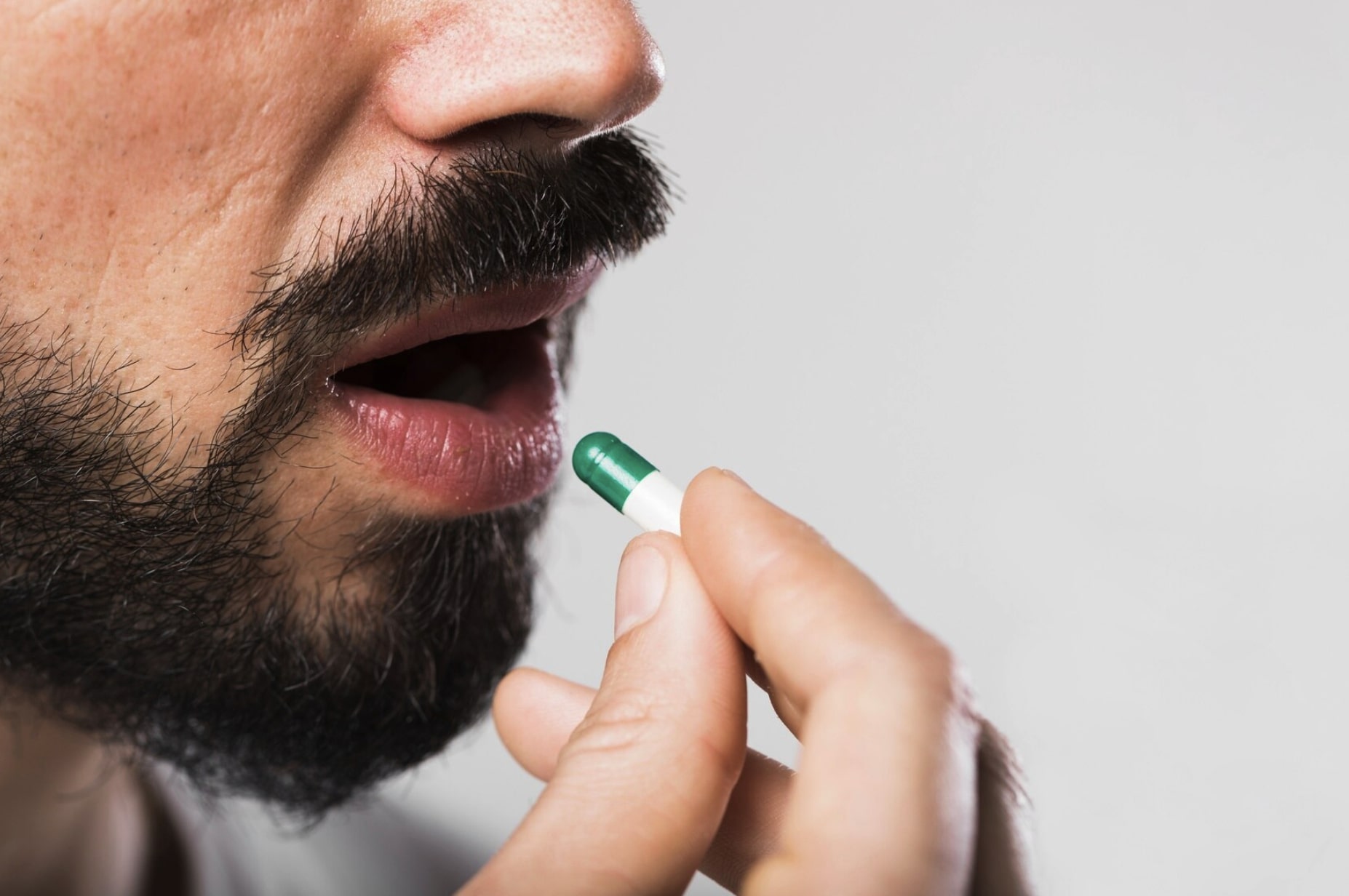Struggling to stay focused, stay energized, or feel mentally sharp isn’t just a side effect of aging for men—it can often be the result of overlooked daily habits. As men age, their cognitive performance, emotional stability, and motivation levels are shaped by what they do day in and day out.
Fortunately, that means you’re not powerless to reverse this perceived decline. With targeted lifestyle adjustments and a better understanding of how hormones like testosterone affect your brain, you can reclaim the clarity and drive that keep you operating at your best.
In this article, we’ll outline practical, evidence-based changes you can implement today to improve focus, boost your mood, and optimize long-term brain health.
Why Mental Clarity Matters in Everyday Life
Whether you’re leading a business, supporting a family, or simply trying to stay productive, your ability to think clearly, make sound decisions, and regulate your emotions under pressure depends on how well your brain is functioning.
Cognitive performance impacts every area of your life. Yet many men ignore the signs of declining mental sharpness until it starts interfering with work, relationships, or motivation levels. Recognizing the symptoms early and addressing the root causes, not just masking them, is key to long-term wellness.
Common symptoms of poor mental clarity include:
- Brain fog: A constant sense of mental fatigue or haziness.
- Forgetfulness: Difficulty recalling names, dates, or key details.
- Low motivation: Trouble initiating or finishing tasks.
- Irritability: Quick frustration or emotional instability.
These are not simply signs of aging — they are signals that your brain may be underperforming due to fixable lifestyle and physiological factors.
Working on your mental health habits can provide an immediate positive impact on your day-to-day life. Improved mental health has been shown to enhance mood, reduce anxiety, allow for clearer thinking, and improve relationships. (1)
Lifestyle Habits That Boost Mental Clarity
It’s simply not possible to out-supplement or out-hustle daily mental health habits. Consistent focus and lasting energy come from creating a healthy environment, both internally and externally, that supports brain health.
Optimizing mental clarity starts with mastering the fundamentals. The following lifestyle pillars form the foundation for sustained cognitive performance and mood regulation.
Sleep: The Brain’s Reset Button
Quality sleep is non-negotiable for proper mental health. During sleep, the brain consolidates memory, clears metabolic waste, and restores neurotransmitter balance. Inconsistent or shallow sleep disrupts this process and leads directly to poor concentration, reduced reaction time, and emotional volatility.
One recent study showed that those who averaged 6 hours of sleep or less per night were about 2.5 times more likely to report frequent mental distress than those who averaged more than 6 hours of sleep. (2)
Prioritize 7–9 hours of uninterrupted, deep sleep every night. Establish a fixed bedtime, eliminate screen exposure at least 30 minutes before sleep, and keep your bedroom dark and cool. If you’re waking up groggy, your brain isn’t fully recovering overnight, which can have a cascading effect on other aspects of your mental and physical health.
Hydration: Fueling Cognitive Performance
Even slight dehydration can impair mental performance. Studies show that losing just 1–2% of your body’s water content can significantly reduce attention span, short-term memory, and mood stability. (3)
Try starting your morning with a full glass of water and maintain consistent intake throughout the day. Some guidelines recommend men drink at least 15.5 cups of water per day, although this can be adjusted based on factors such as body size, activity level, and the consumption of vegetables and caffeine. (4)
Nutrition: Eat for Cognitive Power
Your brain is a high-performance machine, and it needs quality fuel. Processed foods, excess sugar, and poor nutrient density lead to energy crashes and impaired cognition. Conversely, whole foods rich in healthy fats, protein, and micronutrients promote focus, mental stamina, and emotional resilience.
Prioritize foods such as:
- Omega-3 fats (from fish, flaxseed, walnuts)
- Lean proteins (chicken, eggs, Greek yogurt)
- Complex carbohydrates (vegetables, legumes, whole grains)
- Brain-boosting nutrients (vitamin D, magnesium, choline)
Proper nutrition stabilizes blood sugar and enhances neurotransmitter function, both of which are critical to mental clarity. Vitamin injections administered by a professional can also be beneficial for getting you the nutrients your body needs.
Movement: Daily Exercise for Mental Sharpness
Physical activity stimulates blood flow to the brain, releases endorphins, and regulates stress hormones like cortisol, all of which sharpen focus and improve mood. Studies have clearly shown that consistent physical activity is a strong promoter of positive cognitive health. (5)
You don’t need long sessions at the gym. Just 20–30 minutes of movement — walking, resistance training, or high-intensity intervals — can dramatically improve your cognitive performance. Consistency, not intensity, is what will lead to the best results.
Morning and Evening Routines That Set the Tone
Discipline starts with routine, and your brain thrives on structure. By anchoring your day with predictable morning and evening habits, you can reduce mental clutter, conserve willpower, and give your nervous system the predictability it needs to function optimally.
Morning Rituals to Build Momentum
The first hour of your day sets your cognitive trajectory for the entire day. Instead of diving straight into email or scrolling your phone, begin with habits to improve mental health and activate your body. Some things you can try include:
- Natural sunlight within 30 minutes of waking to regulate the circadian rhythm.
- Hydration to kickstart brain function.
- Journaling or breathwork to clear mental static.
- Movement or stretching to stimulate blood flow.
These practices signal to your brain that it’s time to focus, not just react.
Digital Hygiene: Control the Noise
Your brain isn’t built to handle constant alerts, rapid-fire messages, or 12 open browser tabs. Mental fatigue and attention fragmentation are the direct results of poor digital boundaries. Studies have shown that excess screen time in adults can lead to poor sleep and can harm learning, memory, and mental health. (6)
Establish device-free blocks of time, disable non-essential notifications, and avoid screens 30–60 minutes before bed. Use your phone and laptop as tools — not sources of constant stimulation.
Consistency Creates Cognitive Ease
Proper routines can reduce the number of daily decisions you have to make, preserving mental energy for what truly matters. When your wake-up, mealtime, and sleep schedule are predictable, your body and mind stop wasting resources on guesswork.
If your days feel chaotic, maintaining consistency for important lifestyle elements like eating and sleeping can help you feel more regulated and less overwhelmed.
How Hormone Health Affects Focus and Brain Fog
Even with optimal mental health habits, some men continue to struggle with mental sharpness, energy, or drive. In these cases, the missing piece may be hormonal, specifically, testosterone.
Hormonal balance plays a direct and measurable role in cognitive performance. If you’re following the right lifestyle principles and still don’t feel like yourself, it’s time to dig deeper.
Testosterone’s Role in Cognitive Function
Testosterone is more than a sex hormone. It plays a crucial role in:
- Cognitive processing speed
- Verbal and spatial memory
- Mood regulation and resilience
- Motivation and mental stamina
Men with optimal testosterone levels often report higher confidence, better decision-making, and fewer mental dips throughout the day.
The Impact of Low Testosterone
Studies have shown that low T (low testosterone), especially in older men, can lead to cognitive decline. (7) When testosterone levels drop, symptoms often mirror what we associate with burnout or depression, such as persistent brain fog, low energy, emotional instability, and a general lack of drive.
If these symptoms sound familiar, especially if they persist despite quality sleep, healthy nutrition, and consistent exercise, hormone testing is the next logical step. Addressing low testosterone at the root can help restore clarity and energy without relying on stimulants or guesswork.
Start Improving Mental Clarity with a Daily Plan
Improving mental clarity doesn’t have to be complicated, but it does require consistency. Here’s a structured approach you can start implementing today:
- Track the fundamentals: Monitor your sleep, hydration, meals, and energy/mood levels daily for one week.
- Add 1–2 morning rituals: Introduce sunlight exposure, journaling, or breathwork into your morning.
- Move every day: Commit to at least 20–30 minutes of physical activity to sharpen focus.
- Hydrate proactively: Drink 15.5 cups (124 oz.) of water per day, especially early in the day.
- Evaluate hormone health: If symptoms persist, get your testosterone levels tested by a healthcare professional such as Gameday Men’s Health.
How Gameday Men’s Health Supports Mental and Physical Wellness
Optimizing focus, mood, and energy starts with understanding what’s happening inside your body. At Gameday Men’s Health, we provide advanced diagnostic tools and treatment protocols to help you identify and resolve the root causes of cognitive and emotional decline.
Our approach toward holistic wellness for men includes:
- Precision hormone testing to uncover low testosterone or related imbalances.
- Customized testosterone replacement therapy (TRT) plans that restore cognitive function and energy.
- Expert care and ongoing support to help you maintain focus, confidence, and mental performance long-term.
If you’ve been trying to push through mental fatigue or brain fog without seeing results, it’s time to take a more informed, strategic approach. Schedule a consultation at your nearest Gameday Men’s Health to get your mental and physical health back on track.
Daily Habits for Mental Clarity: Small Changes, Big Mental Gains
Mental clarity is a necessity for performing at your best, both personally and professionally. By making small, consistent changes to your daily habits, such as improving your sleep, fueling your body right, moving regularly, and setting intentional routines, you can dramatically improve your focus, mood, and energy.
But lifestyle changes are only part of the equation. If you’ve dialed in your habits and still feel stuck in a fog, it’s time to look deeper. Hormonal imbalances, especially low testosterone, could be holding you back, and the only way to know for sure is through proper testing.
At Gameday Men’s Health, we help men take back control of their mental and physical performance through advanced hormone testing and personalized treatment plans. Whether you need help fine-tuning your habits or exploring the role of testosterone in your cognitive health, we’re here to support your next step forward.
Contact your local Gameday Men’s Health today to get started on your journey toward reclaiming your health.



